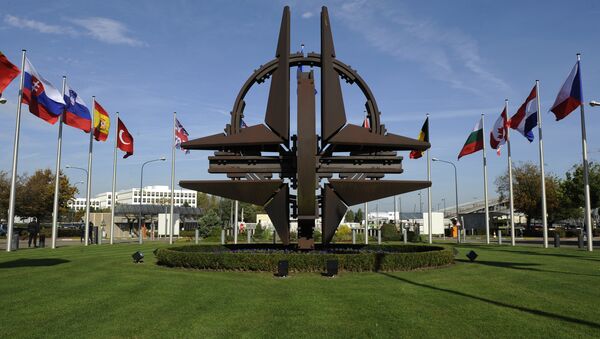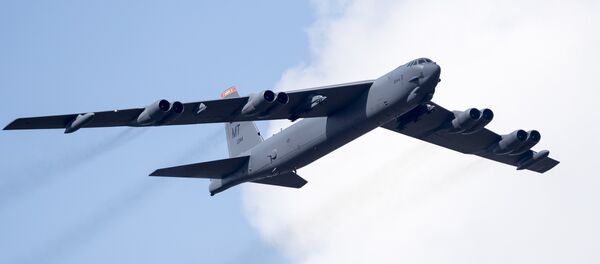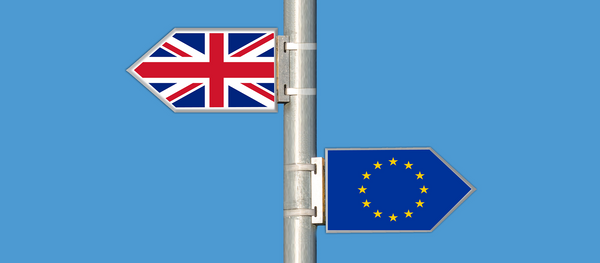On Tuesday EU Foreign Affairs chief Federica Mogherini is set to unveil the five-year EU Global Strategy on Foreign and Security Policy, which seeks greater security and military cooperation between EU countries.
While the proposal has strong support from France and Germany, the UK's Defense Secretary Michael Fallon had said earlier this month that "nobody wants to see their troops controlled from Brussels."
Until now the UK has played a key role in EU military operations. It has the largest military budget in the EU, and leads missions such as the counter-piracy "Operation Atalanta" off the Horn of Africa, and it has ships patrolling the Mediterranean.
"Things are going to be a lot harder," a senior Western defense official involved in EU-NATO cooperation told Reuters.
"NATO planned on linking itself up to a stronger European Union, not being the default option for a weakened, divided bloc."
As well as the new EU's new global defense strategy, an increase in military cooperation between EU countries and NATO had been planned for approval at the next NATO summit in Warsaw next month.
On Friday NATO Secretary General Jens Stoltenberg sought to give assurances that defense cooperation with the EU will go ahead despite the UK leaving the union.
"The Alliance remains committed to closer cooperation with the European Union," Stoltenberg said.
"The UK will remain a strong and committed NATO Ally, and will continue to play its leading role in our Alliance."




